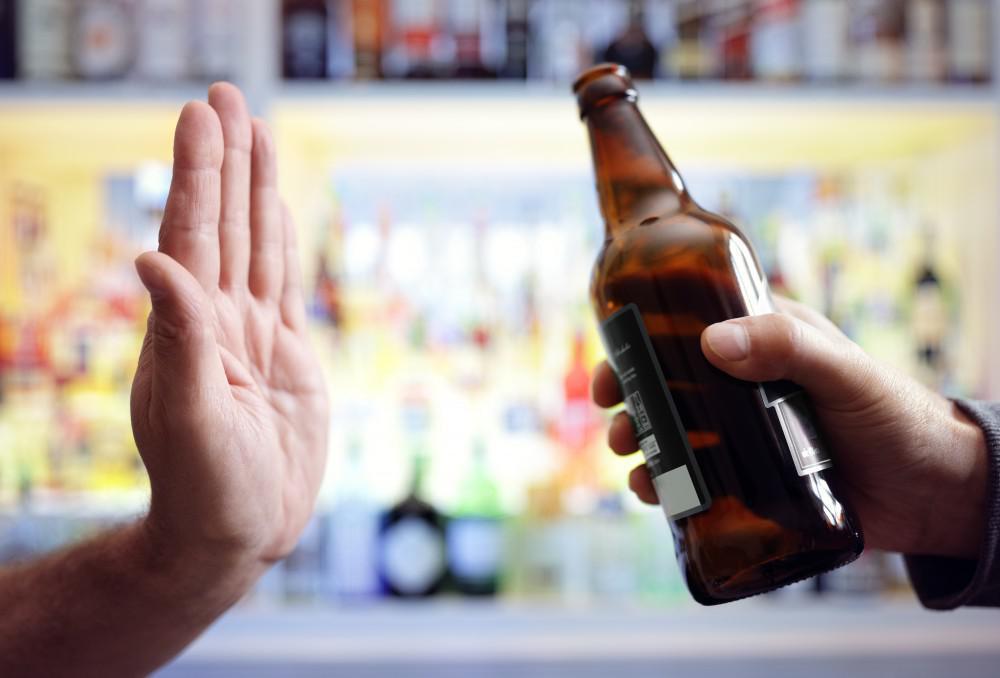
5 Tips for Staying Sober
You’ve done the work to become clean and sober, and you want to do what you can to stay that way. Here are five great tips that will help you safeguard your freedom from a substance use disorder.

To say that we’ve been put through the ringer in recent years thanks to the COVID-19 global pandemic would be an understatement. For people who are struggling with a substance use disorder, these times have been a little more difficult, which is represented in this frightening statistic: The CDC reports that there were, “an estimated 100,306 drug overdose deaths in the United States during the 12-month period ending in April 2021, an increase of 28.5% from the 78,056 deaths during the same period the year before.”
If your substance use disorder grew worse during this past year or you’re just sick and tired of being held prisoner by a substance, now’s the time to get sober. And the team here at Northview Wellness Practice can help.
To get started, here are five important tips to keep in mind.
It’s all well and good to make new year’s resolutions, but getting clean and sober shouldn’t be viewed as such. Many new year’s resolutions tend to go unfulfilled and picked up for the following year, over and over. In other words, if you fail, you may think, “OK, I’ll just try again next year,” instead of trying again right now.
Substance use disorders are far too serious and should be approached as a way to save your life, not as a way to make an improvement. If you fail the first time around, we ask that you don’t delay in trying again. Your addiction is clever, and if you frame your desire to quit as a new year’s resolution, you can be sure your addiction will use any failure or misstep as a way to put off the endeavor until the following year.
So, last year your substance use disorder ran rampant, and perhaps you’re disgusted with yourself. This negativity isn’t a great place from which to embark on the road to recovery.
Instead, forgive yourself and be kind. Last year was an incredibly tough one for everyone, and we all need to be a little more sympathetic about how we responded. Starting from a place of forgiveness and understanding will help you be less resentful and more productive moving forward.
It probably took years for your substance use disorder to develop, so it’s not going to simply disappear overnight. There’s a very good reason why the mantra of Alcoholics Anonymous is, “One day at a time.” Instead of thinking that you’re quitting for good this year, how about starting with, “I’m quitting for today,” which is a far less daunting prospect?
With a substance use disorder, it’s likely you’ve grown accustomed to isolation and hiding. We urge you to come out and reveal yourself in safe places, such as support groups, where you can find the help, understanding, and compassion you need as you embark on sobriety. There’s safety and comfort in numbers and knowing you’re not alone is one of the most empowering steps on the road to recovery.
While this last tip might sound self-serving, we feel strongly about the power of having a medical team in your corner. At our practice, we offer the tools and resources you need to break free from your substance use disorder, safely and effectively.
Through medication-assisted treatments and other recovery support services, we can help you every step of the way so that you can prevent relapse and find meaningful sobriety.
If you’re ready to take the first step toward sobriety, we invite you to contact our office by phone or email, so we can help you make this the year you break free from your substance use disorder.

You’ve done the work to become clean and sober, and you want to do what you can to stay that way. Here are five great tips that will help you safeguard your freedom from a substance use disorder.

The connection between a substance use disorder and a mental health issue is a strong one, as the nearly eight million Americans who have a co-morbidity prove. When this occurs, treating both issues is paramount.

Addiction is a chronic disease that requires constant vigilance and good management. When a person falls short, relapse can occur. If you’re worried that a loved one has relapsed, here are some signs to look out for.

You believe that you’re drinking isn’t normal anymore, and you’re tired of the overwhelmingly negative effects that alcohol is having on your life. The good news is that alcoholism is highly treatable.

The rise in availability of telehealth services has been great news for those who need (or would prefer) to receive quality health care from the comfort of their own homes. These services also extend to substance use disorders.

Whether you’ve tried to break your opioid addiction before or this is your first attempt, why not greatly increase your chances of success with Sublocade®? Here’s a look at how Sublocade can ease your recovery journey.